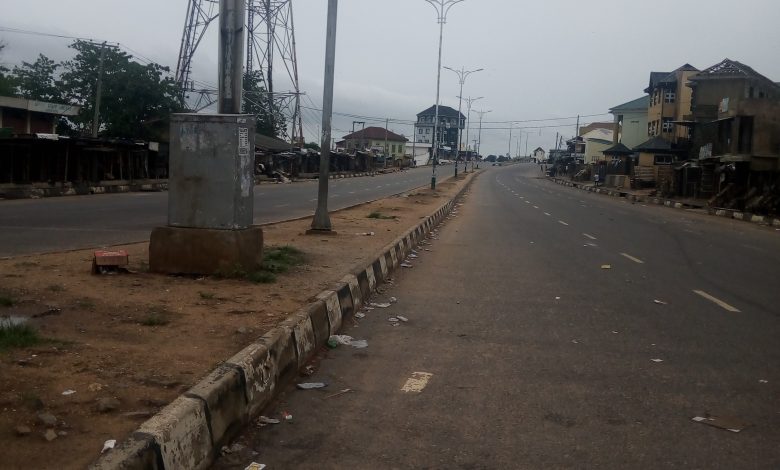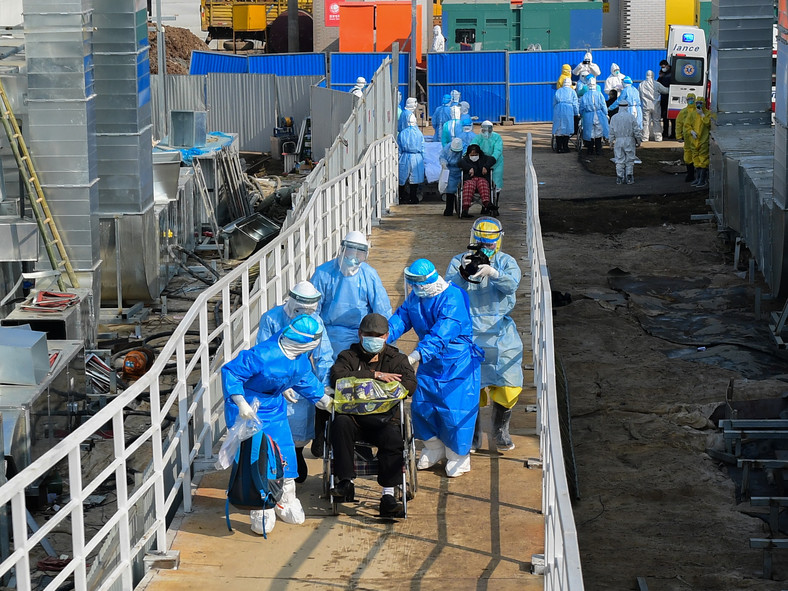
Coronavirus: Nigerian governors agree on interstate lockdown
The Nigerian Governors have agreed to an interstate lockdown for two weeks and called for the decentralisation of the activities of the coronavirus response from federal to local governments to curtail further spread of the pandemic
Penpushing reports that, the Governors Forum in a statement by its Chairman, Governor Kayode Fayemi of Ekiti State said this was imperative as a result of the increasing number of index cases across communities.
The Governors described the decentralisation idea as the best chance of nipping the spread of the virus in communities and unanimously agreed to the implementation of an inter-state lockdown in the country over the next two weeks.

Penpushing further reports that, the forum added that this would help to mitigate the spread of the virus from state to state stressing that only essential services will be permitted to be transported across state boundaries, and with this development, the agreement indicate interstate travel ban is now nationwide.
The Chairman of the forum said it has resolved to work with the Nigeria Centre for Disease Control (NCDC) to ensure that health workers are provided with personal protective equipment (PPE) and are constantly trained on their use.
“Governors resolved to set up COVID-19 Committees at the regional level, headed by their State Commissioners of Health. Regional Committees will continue to interface with the State Task Force Committees on COVID-19 already established in each State,” he said.






